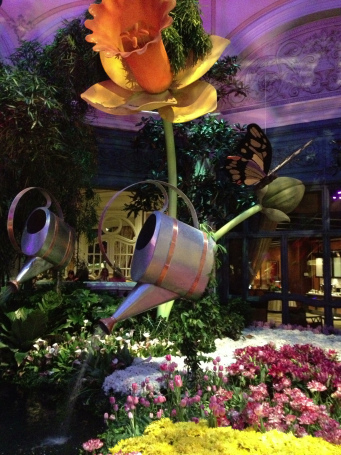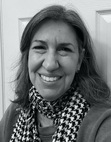Janet Fitch and Avoiding Clichés “Like the Plague”
First of all, thank you to those of you who helped to put When It Rained at Hembry Castle on the Amazon genre bestseller lists. As of this writing, the novel is #15 in the Literary Fiction British and Irish category. I don’t know who else would think to combine a love of Downton Abbey with a love for the books of Charles Dickens, but there you go.
I thought I’d repost this oldie but goodie from two years ago. To this day, I adhere to Janet Fitch’s idea that anything you’ve heard before is a cliché. That’s why I’m always stretching for unique descriptions.
Enjoy!
* * * * *
 I’ve always had a hard time writing first drafts. You can see my tips for writing a first draft here. After I finish my first draft, that’s when I sit down at the computer no longer wanting to pop my eyes out with spoons or pluck my hairs one by one. Finally, in the second draft stage, I’m able to find the poetry in the prose. When I find the flow, that’s when the fun of writing begins for me. How do I find the flow? It’s a challenge, one that started 17 years ago.
I’ve always had a hard time writing first drafts. You can see my tips for writing a first draft here. After I finish my first draft, that’s when I sit down at the computer no longer wanting to pop my eyes out with spoons or pluck my hairs one by one. Finally, in the second draft stage, I’m able to find the poetry in the prose. When I find the flow, that’s when the fun of writing begins for me. How do I find the flow? It’s a challenge, one that started 17 years ago.
In 1999, Oprah Winfrey interviewed Janet Fitch, author of White Oleander, for the Oprah Book Club. Fitch talked about how a writing instructor told her that a “cliché is anything you’ve ever heard before—so never use a description anyone has heard.” As I remember it (it was 1999), Fitch spoke about a time she challenged herself to describe a tree with her own unique phrases. I was already well into fiction writing at that time, and her words struck me as truth. I learned that writers should reach to find their own descriptions, and they should never be lazy and allow others to do the work for them.
In a 2006 interview for O Magazine, Fitch explained that when she began writing fiction she had to work on word choices and the music of language. That was what I wanted too. I wanted to work on word choices and the music of language. I wanted to avoid clichés “like the plague” and create images “as sweet as pie.”
It’s a lesson I still hold close to my heart. When I’m molding sentences, I stretch, hands out, fingers pointing there, there where that inchoate image waits, sometimes patiently, sometimes not, for me to probe my vocabulary for the exactly right string of words to illuminate what I see the way I see it. If I’m describing a storm, a small town, a person, an emotion, I need to do it my own way. In their 2006 interview, Oprah mentions to Fitch that such a stretch “seems as if it would be quite difficult.” Fitch responds, “It is. But it means that everything you give the reader is absolutely fresh. We read so that we can be moved by a new way of looking at things.”
I learned a lot from Fitch in 1999, again in 2006, and I continue to learn from her whenever I read one of her novels. Reaching for phrases I’ve never heard before becomes harder with everything I write, but that’s the part of writing I thrive on—creating poetry in prose. And when I do finally find the right words, that is when I love having written.
If you’d like to lose yourself in the poetry of Janet Fitch’s prose, check out her novels or the short pieces on her blog. The 2006 interview for O Magazine can be found here.
Filed under: Writing Tagged: Avoiding Cliches, Janet Fitch, O Magazine, Oprah, White Oleander, writing tips




